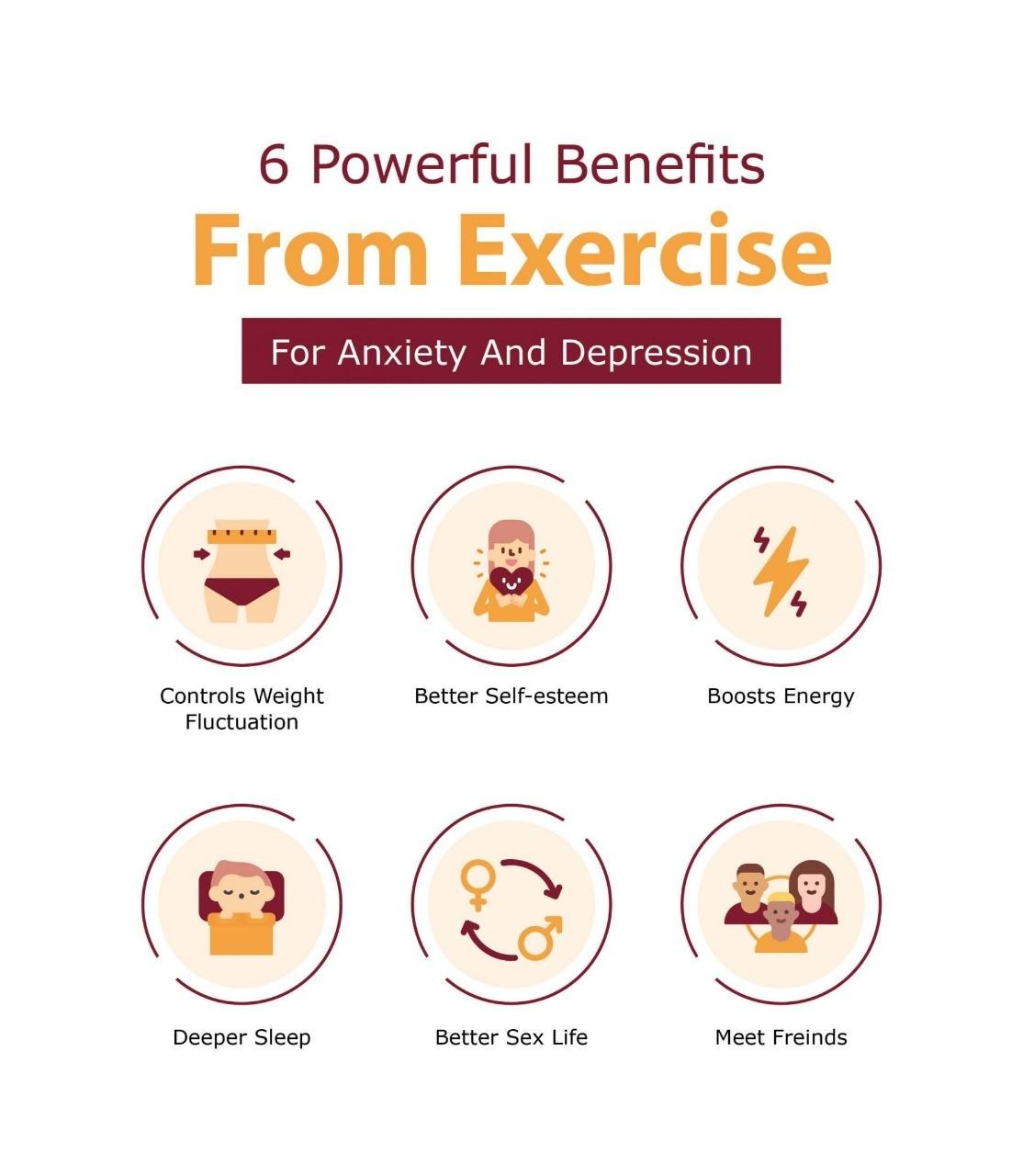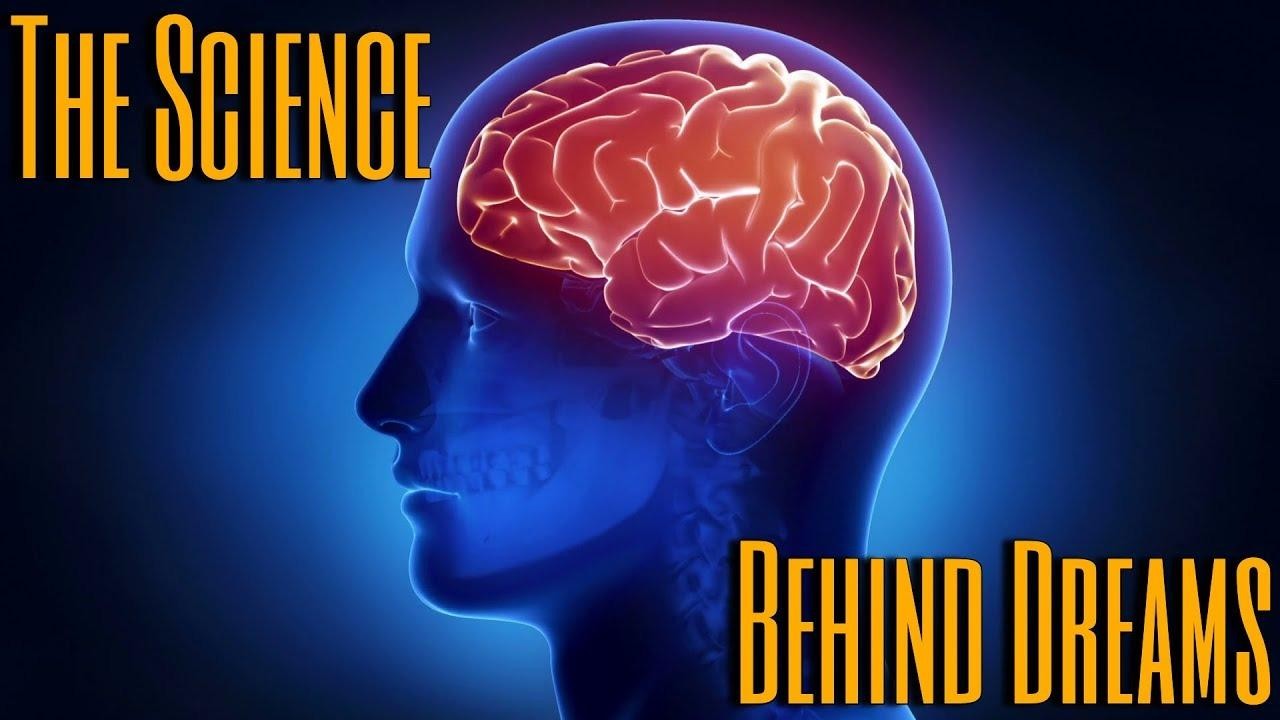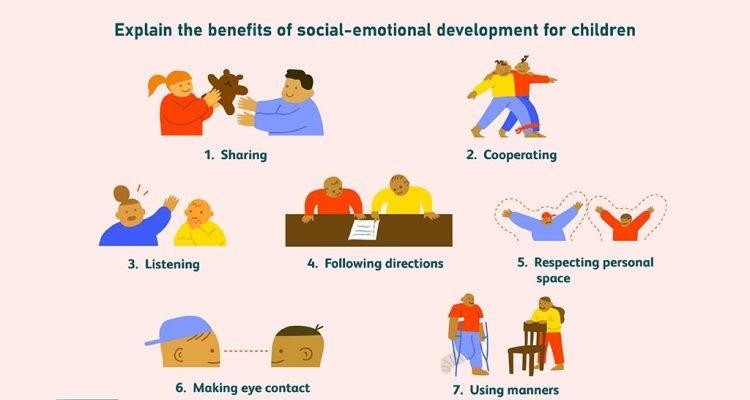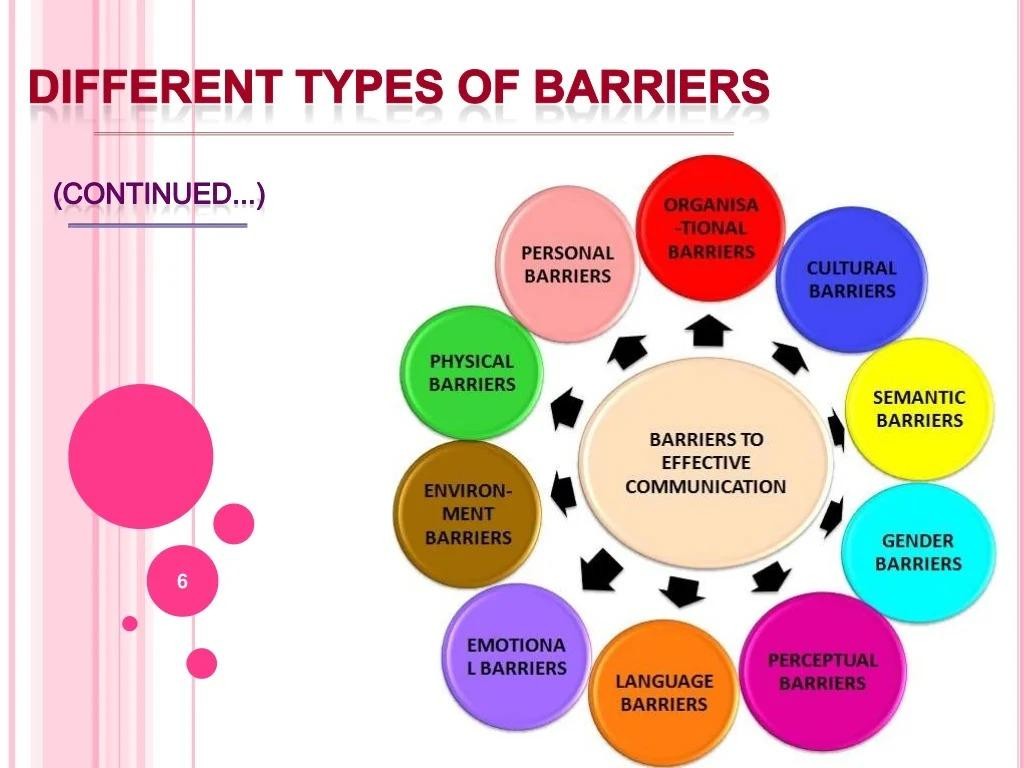Does exercise reduce anxiety and depression
Exercise and Mental Health
Exercise is a powerful tool for improving mental health and reducing symptoms of anxiety and depression.

Benefits of Exercise for Mental Health
- Reduces stress and anxiety: Regular physical activity can help reduce stress and anxiety by releasing endorphins, also known as “feel-good” hormones.
- Improves mood: Exercise can improve mood and reduce symptoms of depression by increasing the production of neurotransmitters such as serotonin and dopamine.
- Enhances cognitive function: Exercise has been shown to improve cognitive function, including memory and concentration.
How Exercise Helps with Anxiety and Depression
- Natural stress reliever: Exercise is a natural stress reliever that can help reduce symptoms of anxiety and depression.
- Improves self-esteem: Regular physical activity can improve self-esteem and body image, which can be particularly beneficial for individuals struggling with mental health issues.
- Social benefits: Exercising with others can provide social support and connection, which is essential for mental health.
Incorporating Exercise into Your Routine
The Science Behind Exercise and Mental Health
When you engage in aerobic activities, your body releases a cocktail of chemicals that can have a profound impact on your mental health.

Key Players in the Exercise-Mental Health Connection
- Stress hormones: Levels of stress hormones like cortisol and adrenaline decrease, allowing for a calmer, more grounded emotional state.
How Exercise Impacts the Brain
- Improved cognitive function: This can lead to improvements in memory, decision-making ability, and emotional regulation.
- Neuroplasticity: Regular physical activity can help the brain adapt, reorganize, and become more resilient.
The Benefits of Exercise for Mental Health
By understanding the science behind exercise and mental health, individuals can harness the power of physical activity to improve their mental well-being.
Real-World Benefits of Exercise
Beyond the science, the benefits of exercise are felt in everyday life. Many people living with anxiety or depression describe how movement gives them a sense of control when everything else feels chaotic.

Empowerment Through Exercise
- Setting and achieving goals: Setting a goal – whether it’s walking for 20 minutes or training for a marathon – and achieving it can be incredibly empowering.
- Building confidence and self-esteem: Each step builds confidence and self-esteem, helping individuals feel more capable and in control.
Research Supports the Benefits of Exercise
- Reduced symptoms of anxiety and depression: Studies have shown that regular aerobic exercise can lead to significant reductions in symptoms of anxiety and depression.
- Prevention of relapse: Exercise has been shown to be effective not only in reducing symptoms but also in preventing relapse.
- Comparable to medication: For individuals with mild to moderate depression, exercise can be just as effective as antidepressants.
Incorporating Exercise into Daily Life
By incorporating exercise into daily life, individuals can experience the many benefits of physical activity and improve their mental health and well-being.
Mental and Social Benefits of Exercise
Exercise offers a range of mental and social benefits that can have a profound impact on overall well-being.

Social Benefits
- Reducing feelings of isolation: Group classes, team sports, or simply walking with a friend can help reduce feelings of isolation.

- Being present in the body: Activities like yoga, tai chi, or even a quiet jog through the park can help people connect with their bodies and stay grounded in the present moment.
- Reducing rumination and worry: This can be particularly helpful for individuals who tend to ruminate on the past or worry about the future.
Benefits for Mental Health
- Reducing symptoms of anxiety and depression: Regular exercise can help alleviate symptoms of anxiety and depression.
- Improving mood: Exercise can improve mood and reduce stress.
By incorporating exercise into daily life, individuals can experience the many benefits of physical activity and improve their mental health and well-being.
Personal Stories Matter
The impact of exercise on mental health is often best illustrated through personal stories.

Examples of Personal Stories
- Young professional: A young professional started taking walks during their lunch break and noticed a decrease in panic attacks.
- Veteran: A veteran used weightlifting as a way to process trauma and found it helpful.
- Teenager: A teenager joined a swim team and started sleeping through the night for the first time in years.
Key Takeaways
- Healing is not one-size-fits-all: Each person’s journey with mental health is unique.
- Movement is a powerful tool: Exercise can be a powerful tool for improving mental health, and it’s accessible, adaptable, and rooted in our biology.
Benefits of Exercise for Mental Health
- Reducing symptoms of anxiety and depression: Regular exercise can help alleviate symptoms of anxiety and depression.
- Improving mood: Exercise can improve mood and reduce stress.
By sharing personal stories and highlighting the benefits of exercise, we can encourage others to incorporate physical activity into their lives and improve their mental health and well-being.
